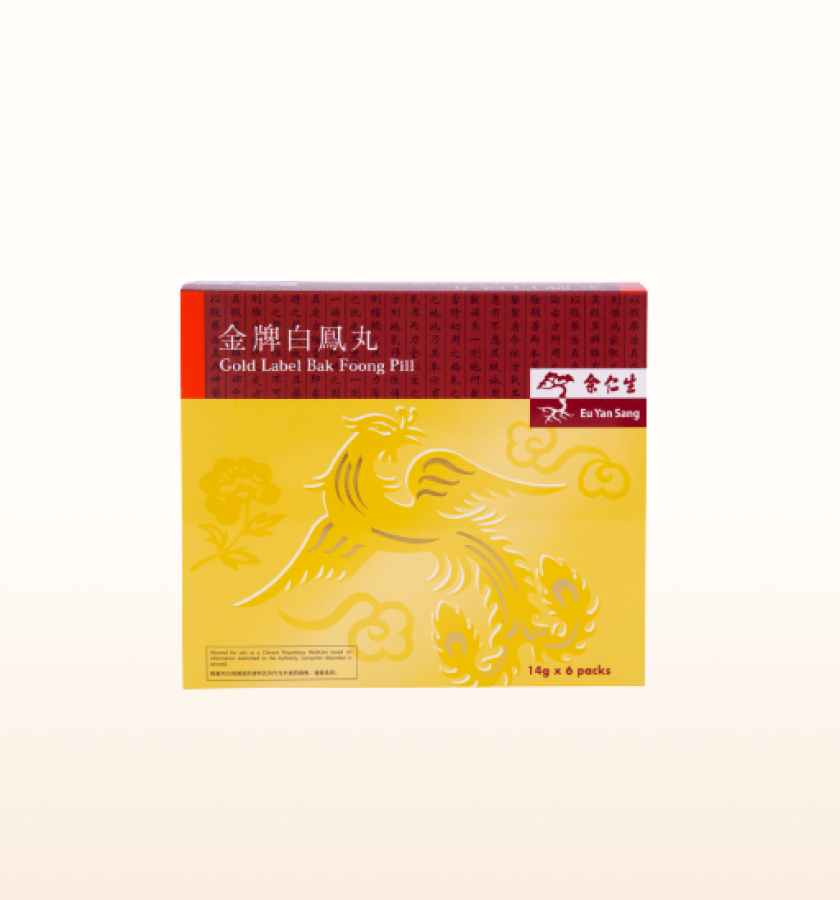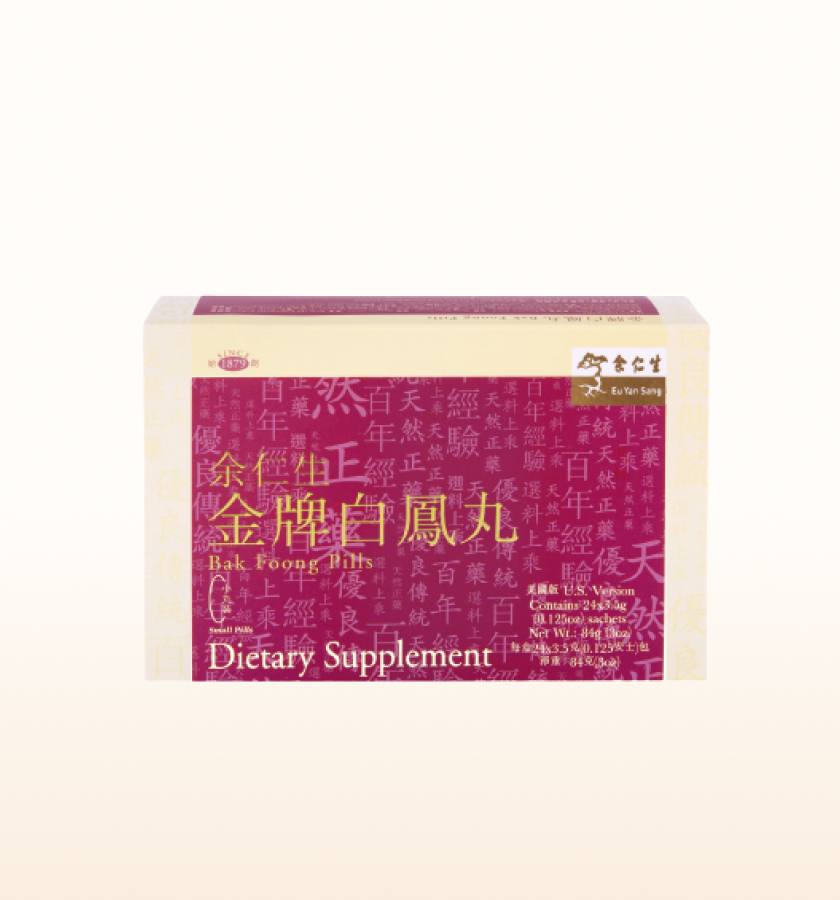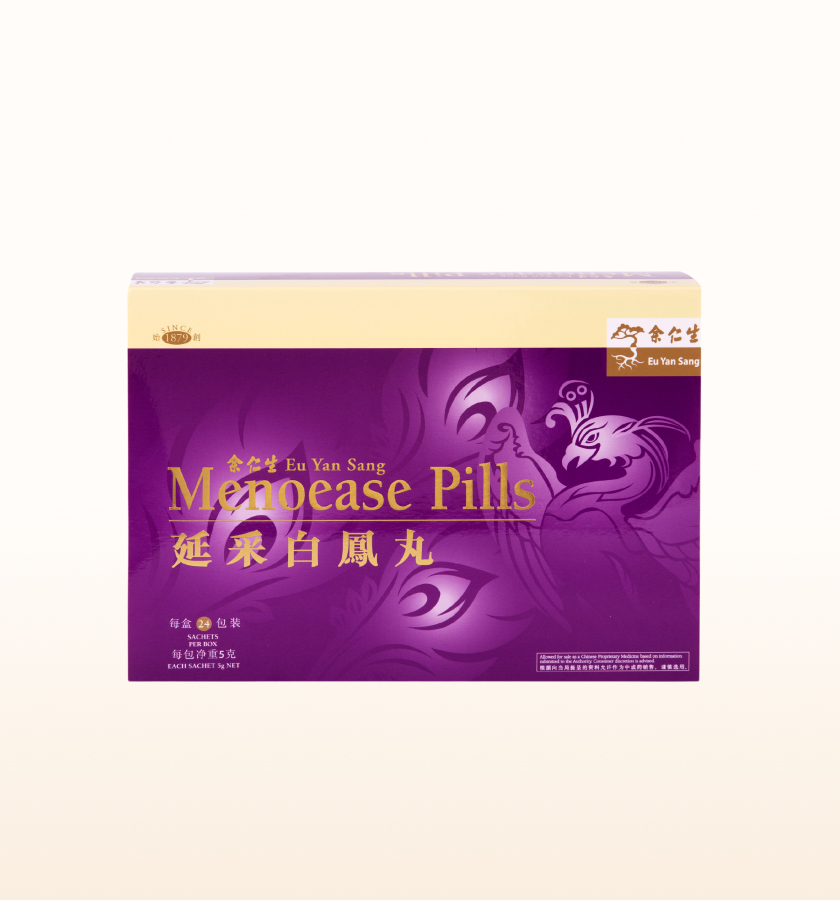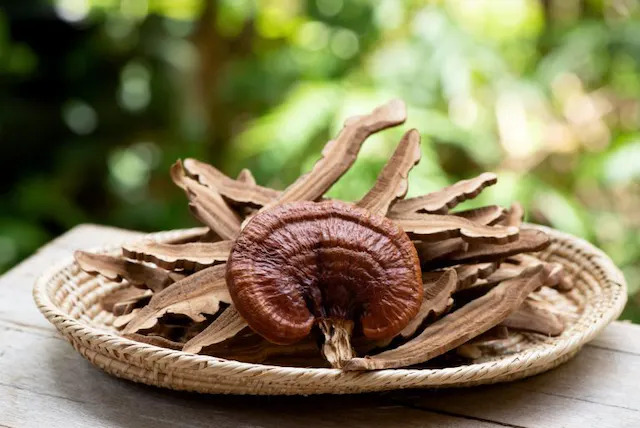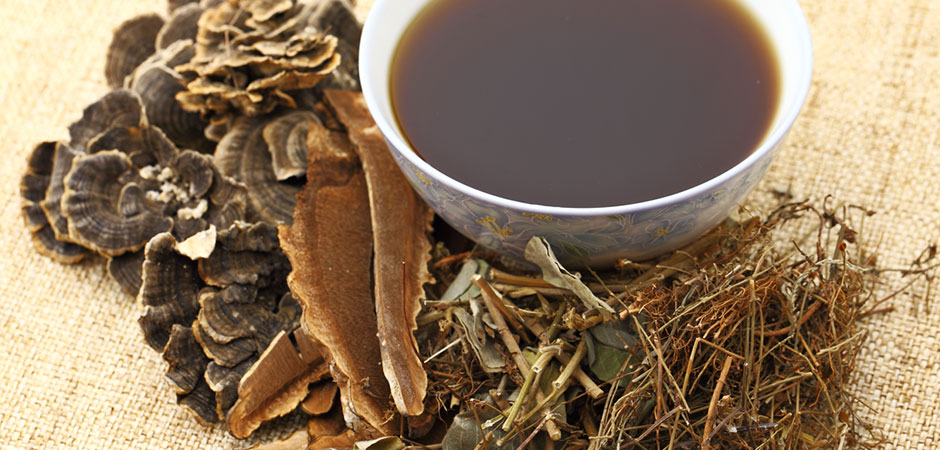Menopause
Managing the symptoms of menopause
Posted on 7 Nov 2022

Hot flushes. Night sweats. Palpitations. Insomnia. For some women, menopause can be a physically stressful and emotionally draining time.
Technically, menopause occurs when a woman stops menstruating, usually between the ages of 45 and 55, and marks the end of her reproductive life. However, her body may have begun transitioning – and experiencing symptoms – several months to years earlier.
In clinical terms, menopause is divided into three stages. During perimenopause, the ovaries begin to produce progressively less estrogen and progesterone. The woman’s menstrual cycle becomes irregular, and symptoms associated with menopause appear. As estrogen production peters off, her monthly periods come to an end and she enters menopause. Post-menopause, the uncomfortable symptoms disappear, but women now face the risk of complications related to estrogen loss, including osteoporosis and heart disease.
Given the discomfort of many of the symptoms and the risk of complications, some form of treatment is often sought. While hormone replacement therapy (HRT) is commonly prescribed, there are gentler alternatives. From a Traditional Chinese Medicine (TCM) perspective, menopausal symptoms occur because the body is no longer in balance. For thousands of years, practitioners have treated menopause as a result of a decline in kidney essence, which governs growth, maturation and aging. The resulting deficiency in yin – which is cool and fluid – affects the body’s ability to nourish and moisten its organs and tissues. This causes symptoms like hot flushes, vaginal dryness, night sweats and excessive thirst. Sometimes there is a decline in kidney yang – the foundation of yang qi for the entire body. Yang qi warms and facilitates organ and tissue function, and its decline can causes swelling and frequent urination.
Some women experience a decline in both kidney yin and yang. While the declines are a natural consequence of aging, they can be slowed down if the balance in kidney yin or yang is restored. This re-establishment of balance can relieve menopausal discomforts arising from the imbalance.
Personalised treatments for every woman
Before talking about treatment, it is worth exploring why some women have an easier time of it than others.
TCM practitioners believe that the severity of the symptoms match the extent of the imbalances in the kidneys, which in many cases, result from years of an unhealthy living. Emotional stress built up over time, inadequate rest and excessive sexual activity can all impact the yin/yang balance in the kidneys and increase the severity of symptoms.
The first line of defence, therefore, is a healthy lifestyle, physically, mentally and emotionally.
Once symptoms appear, treatment focuses on strengthening – or nourishing – the kidneys, usually through herbal medicine and acupuncture. When kidney yin is deficient, the body overheats easily due to the lack of fluid, so herbs that nourish and dispel heat are prescribed. In the case of a kidney yang deficiency, where there may be edema and aversion to cold, herbs with strengthening and warming properties are prescribed.
Treatment is personalised to each woman, depending on her specific needs, her symptoms, and their severity. Some herbs that are used to relieve menopausal symptoms include:
Radix Ginseng
Also known as Ginseng Root, this herb nourishes and strengthens bodily functions. It also eases constant thirst, calms the mind and relieves fatigue.
Radix Angelicae Sinensis
Also known as Chinese Angelica, this herb regulates the menstrual cycle and eases menstrual pain. It also nourishes blood and improves circulation.
Radix Bupleuri
Also known as Chinese Thorowax Root, this herb relieves mild symptoms of the common flu and related respiratory ailments, while regulating menstrual cycles and easing dysmenorrhea due to emotional distress.
Rhizoma Chuanxiong
Also known as Szechuwan Lovage Rhizome, this herb improves blood circulation and eases pain, for example, headaches and rheumatic pain. It is often used to ease gynaecological symptoms by invigorating blood circulation and regulating menstrual flow.
The pharmacological actions of these herbs have been studied and are well-documented. Tests carried out on Eu Yan Sang’s Menoease, which offer a combination of these herbs, found that it worked effectively to modulate endocrine function in mature women, restore estrogen production in the body, invigorate the kidney and liver, and reduce excess body heat. It also has beneficial effects on the immune, digestive and cardiovascular systems. The tests were conducted over a three-year period by professors from The Chinese University of Hong Kong.
Acupuncture can also help to alleviate symptoms, nourish the kidneys and restore their yin-yang balance. It involves inserting extremely fine, sterilized needles into specific points in the body where qi is concentrated. Adjusting the flow of qi at these points can help regulate the endocrine system, which controls the production of hormones.
Acupuncture is often also used to address symptoms.
The British Acupuncture Council cites the results of several studies1 that suggest acupuncture can effectively reduce symptoms like hot flushes, and anxiety and depression. One study referenced suggests that acupuncture has a similar effect to hormone replacement therapy on hormones in the blood1.
More recently, in 2015, researchers from the Heilongjiang University of Chinese Medicine2 found that acupuncture and herbal medications were a potent combination against insomnia, hot flushes, mood swings, and fatigue in perimenopausal patients.2 While each worked well on its own, positive patient outcomes were increased when the two therapies were combined.
As TCM takes a holistic approach to treatment, TCM physicians are also likely to provide advice on a diet and lifestyle that would best support a woman’s health post-menopause.
References
- 1. British Acupuncture Council. (2015, February). Menopause and acupuncture: the evidence for effectiveness. Retrieved from British Acupuncture Council Website: https://www.acupuncture.org.uk/a-to-z-of-conditions/public-review-papers/menopause-and-acupuncture-the-evidence-for-effectiveness.html
- 2. Healthcare Medicine Institute. (2016, May 18). Acupuncture Plus Herbs Alleviate Perimenopause. Retrieved from Healthcare Medicine Institute Website: http://www.healthcmi.com/Acupuncture-Continuing-Education-News/1635-acupuncture-plus-herbs-alleviate-perimenopause
